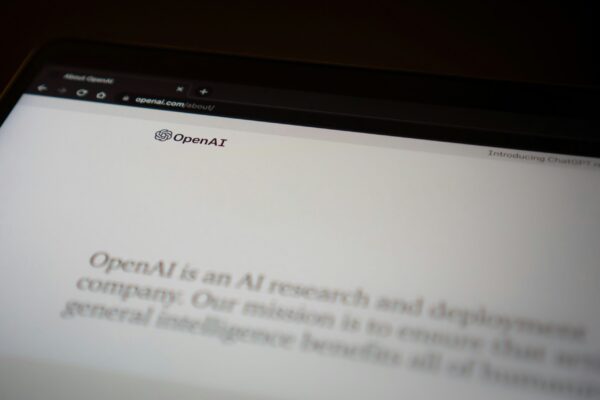This week’s blog explores key developments in AI across various levels of government. The National Association of Counties (NACo) released the AI County Compass, a report guiding local governments on safe AI integration. Francisco Ramirez of Red Hat highlights the transformative potential of AI-powered customer service tools in the public sector. New York City is rapidly expanding its use of algorithmic tools to enhance public services, with a strong focus on transparency and accountability. Meanwhile, the Senate Commerce Committee advanced several bipartisan AI bills, reflecting growing federal efforts to establish a robust AI infrastructure despite some partisan tensions.
A Guide to Safe AI Implementation for Local Governments
The National Association of Counties (NACo) has published a report from its AI Exploratory Committee, launched in May 2023, to guide local governments in safely integrating artificial intelligence. The AI County Compass report provides a comprehensive toolkit focused on generative AI (GenAI). It includes ethical frameworks, policy recommendations, and practical use cases, addressing both the benefits and challenges of GenAI. The toolkit emphasizes enhanced productivity, cost savings, and improved service delivery while tackling governance, compliance, and bias prevention issues. The NACo will host quarterly focus groups to update the toolkit based on user feedback, ensuring it remains a dynamic resource for local government leaders navigating AI adoption.
Transforming Public Sector Customer Experience with AI
In his op-ed “How AI Will Power Customer Experience Gains,” Francisco Ramirez, Chief Architect of State and Local Government for Red Hat, discusses how state and local governments can leverage AI to enhance customer service. He emphasizes that AI-powered digital assistants and chatbots can significantly improve constituent interactions by providing around-the-clock support, personalized experiences, and faster processing times. Despite the challenges of data quality, privacy, and budget constraints, Ramirez believes that these AI applications offer a promising, low-risk starting point for governments to enhance service delivery and meet modern customer expectations.
How Algorithms Are Shaping New York City’s Future
New York City has significantly increased its use of algorithmic tools across various government departments, rising from eight to 46 in just a decade. These tools enhance public services in child welfare, education, public health, and emergency response, making the city more efficient and responsive. The city’s Office of Technology and Innovation (OTI) is focused on transparency and accountability, requiring annual reports on using these tools under Local Law 35 of 2022. As New York positions itself as a global leader in AI and algorithmic governance, it continues to refine its processes to ensure these technologies are used responsibly and effectively to serve its residents.
AI Legislation Moves Forward in Senate as Debate Over Regulation Intensifies
The Senate Commerce, Science, and Technology Committee recently advanced several bipartisan bills focused on artificial intelligence, reflecting the growing importance of AI in U.S. economic and national security strategies. Chaired by Sen. Maria Cantwell, D-Wash., the committee endorsed legislation fostering public-private partnerships to enhance AI innovation. However, the session also highlighted emerging partisan tensions, particularly with Sen. Ted Cruz, R-Texas, who criticized the proposed regulations as an overreach that could hinder U.S. competitiveness. Cruz’s amendment to rescind President Biden’s executive order on AI was rejected. Among the bills advanced were the CREATE AI Act and the NSF AI Education Act, signaling a concerted effort to establish a robust AI infrastructure.









